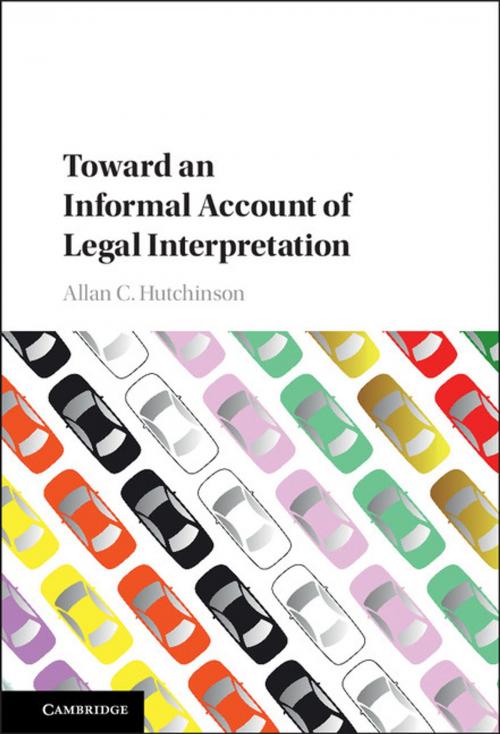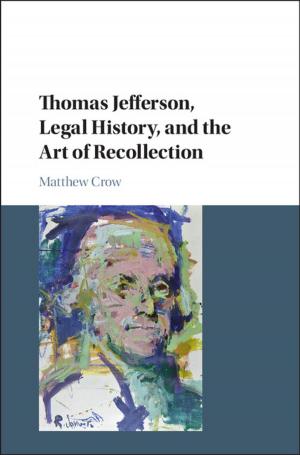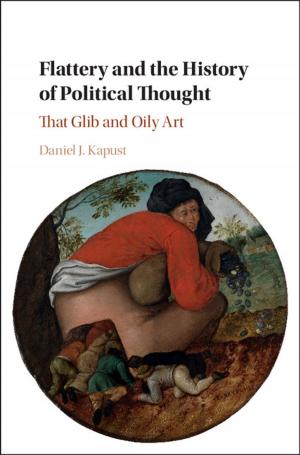Toward an Informal Account of Legal Interpretation
Nonfiction, Reference & Language, Law, Jurisprudence| Author: | Allan C. Hutchinson | ISBN: | 9781316719183 |
| Publisher: | Cambridge University Press | Publication: | October 20, 2016 |
| Imprint: | Cambridge University Press | Language: | English |
| Author: | Allan C. Hutchinson |
| ISBN: | 9781316719183 |
| Publisher: | Cambridge University Press |
| Publication: | October 20, 2016 |
| Imprint: | Cambridge University Press |
| Language: | English |
Toward an Informal Account of Legal Interpretation offers a viable account of law, judicial decision-making, and legal interpretation that is as fresh as it is familiar. The author expertly challenges the dominant mode of formalist theorizing and proposes an explanatory account of legal interpretation that can profitably be understood as an 'informal' intervention. Such an informal approach has no truck with either the claims of the formalists (i.e., that law is something separate from ideology) or those of the anti-formalists (i.e., that law is nothing other than ideological posturing). Hutchinson insists that, when understood properly, legal interpretation is an applied exercise in law-and-ideology; it is both constrained and unconstrained in equal measure. In developing this informalist account through a sustained application of the 'no vehicles in the park' rule, this book is wide-ranging in theoretical scope and substance, but also accessible and practical in style.
Toward an Informal Account of Legal Interpretation offers a viable account of law, judicial decision-making, and legal interpretation that is as fresh as it is familiar. The author expertly challenges the dominant mode of formalist theorizing and proposes an explanatory account of legal interpretation that can profitably be understood as an 'informal' intervention. Such an informal approach has no truck with either the claims of the formalists (i.e., that law is something separate from ideology) or those of the anti-formalists (i.e., that law is nothing other than ideological posturing). Hutchinson insists that, when understood properly, legal interpretation is an applied exercise in law-and-ideology; it is both constrained and unconstrained in equal measure. In developing this informalist account through a sustained application of the 'no vehicles in the park' rule, this book is wide-ranging in theoretical scope and substance, but also accessible and practical in style.















